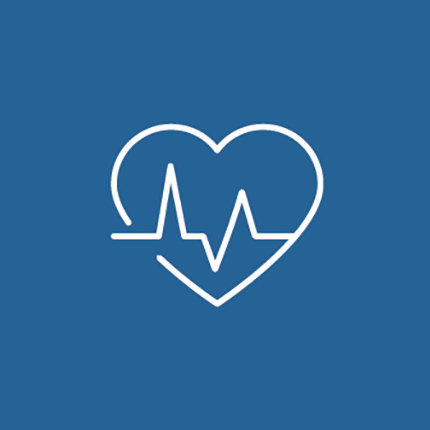Find a Cardiologist
Heart Disease in Women
Although many people associate heart disease with men, it’s an equal opportunity condition. An estimated one in four female deaths is caused by heart disease, which is the leading cause of death for women in the United States. That’s why it’s so important for women to be aware of the risk factors, signs and symptoms of heart disease in women.
According to the Centers for Disease Control and Prevention (CDC), nearly two-thirds of women who die suddenly of heart disease had no previous symptoms. The women who do exhibit symptoms generally experience a dull, heavy or sharp chest pain known as angina. Women are more likely to describe this chest pain as sharp or burning, and are more prone to pains in the neck, jaw, throat, upper abdomen or back.
In some cases, heart disease in women is not diagnosed until one or more of the following conditions occur:
- Heart attack, indicated by chest pain or discomfort, upper back pain, indigestion, heartburn, nausea/vomiting, extreme fatigue, upper body discomfort and shortness of breath
- Arrhythmia, a fluttering feeling in the chest
- Heart failure, which has symptoms of shortness of breath, fatigue and swelling of the feet/ankles/legs/abdomen
Although the traditional risk factors for heart disease – such as high cholesterol, high blood pressure and obesity – affect women and men equally, other factors may play a bigger role in the development of heart disease in women. For example:
- Mental stress and depression affect women’s hearts more than men’s. Depression makes it difficult to maintain a healthy lifestyle and follow recommended treatment.
- Smoking is a greater risk factor for heart disease in women than in men.
- Low levels of estrogen after menopause pose a significant risk factor for developing cardiovascular disease in the smaller blood vessels.
Who is most at risk?
While heart disease can occur in anyone, high blood pressure, high cholesterol and smoking are considered as key risk factors. Other medical conditions and lifestyle factors put people at even higher risk, including:
- Family History
- Diabetes
- Overweight/obesity
- Poor diet
- Physical inactivity
- Excessive alcohol use
Preventing heart disease in women
Fortunately, you can take steps to reduce your likelihood of developing heart disease.
- Exercise
- Make healthy food choices
- Lower your stress level
- Don’t smoke or stop smoking
- Work with your health provider to treat existing conditions and monitor your overall health



